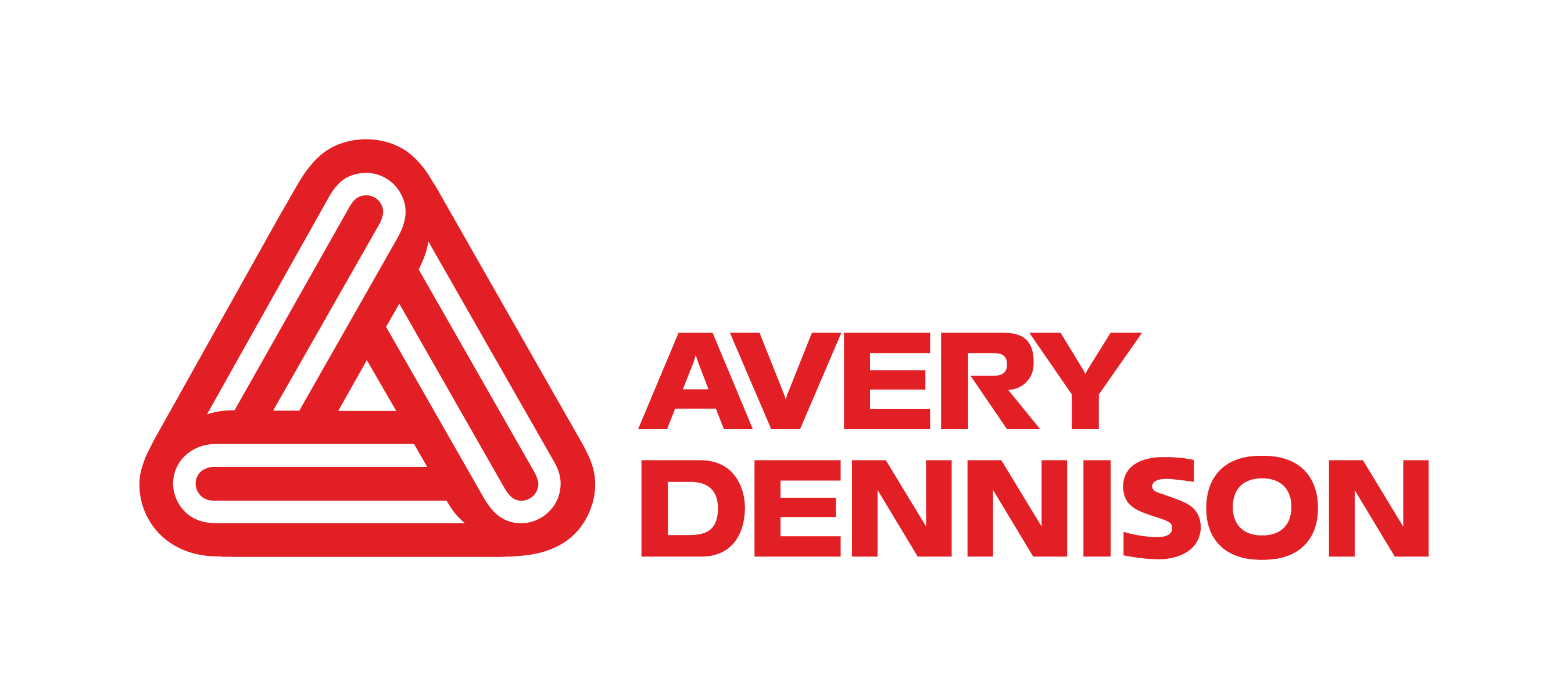As we strive towards embracing sustainable development, this offers new avenues and pathways to improving the end-of-life treatment for single-use plastics materials and bringing these resources back into the loop. Aided by advancements in technological innovations, we have seen companies make progressive steps in realizing their sustainability commitments over the years.
One of the common obstacles to recycling single-use plastic (PET) bottles is the threat of contamination from traditional pressure-sensitive labels. These are often made of materials that are not easily separable from the PET container during the recycling process. Furthermore, the adhesive used on the labels and the labels itself can also introduce contaminants into the recycling process, such as ink, dyes, and coatings.
However, with technological advancements, there are solutions on the market today that can help FMCG companies to overcome such challenges. These include solutions such as Eastman Embrace Encore, UPM Raflatac RafCycle and Avery Dennison’s CleanFlake™ technology – a next-generation solution for film labels that facilitates their efficient separation from label waste during the recycling process. Designed to support the recycling of both PET and HDPE packaging through a clean removal of the pressure-sensitive label from the container during the recycling process, the latest CleanFlake enhancement also features a repositioning capability, meaning incorrectly applied labels can be cleanly removed from the PET substrate, which can then be relabelled, saving the container and its content from being wasted.
Beyond helping brands meet their sustainability targets in compliance with the regulatory requirements, adopting such solutions will increase the availability of food-grade recycled materials critical to plastic circularity and reduce waste in the production line.






